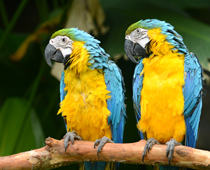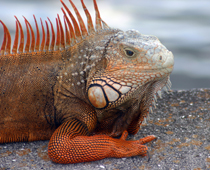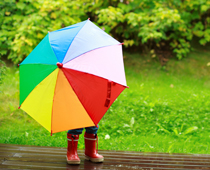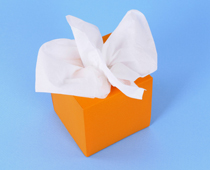| 1. |
Which one of these questions could you investigate at school? 
|
||||||||
|
| 2. |
Scientists investigate all these questions. But which one of these questions could you investigate in a school? 
|
||||||||
|
| 3. |
Which one of these questions would you have to investigate outdoors? 
|
||||||||
|
| 4. |
Toni wants to do an investigation in her class. She is going to ask people a question. Which one of these questions would be the best one to investigate? 
|
||||||||
|
| 5. |
All of these are questions. Some have simple answers. But which one could you investigate? 
|
||||||||
|
| 6. |
Which one of these questions would be good to ask in science? 
|
||||||||
|
| 7. |
Sasha has decided to investigate this question: ‘What is the best material to make an umbrella?’ Sasha decides to put the question another way. Which is the best question for him to ask? 
|
||||||||
|
| 8. |
Which one of these is a question you could investigate in science? 
|
||||||||
|
| 9. |
Anna knows that plants grow quicker in the summer than the winter. Which one of these questions would be fun for Anna to investigate? 
|
||||||||
|
| 10. |
Tanya has had a cold. She has an idea for an investigation. What do you think it is? 
|
||||||||
|
